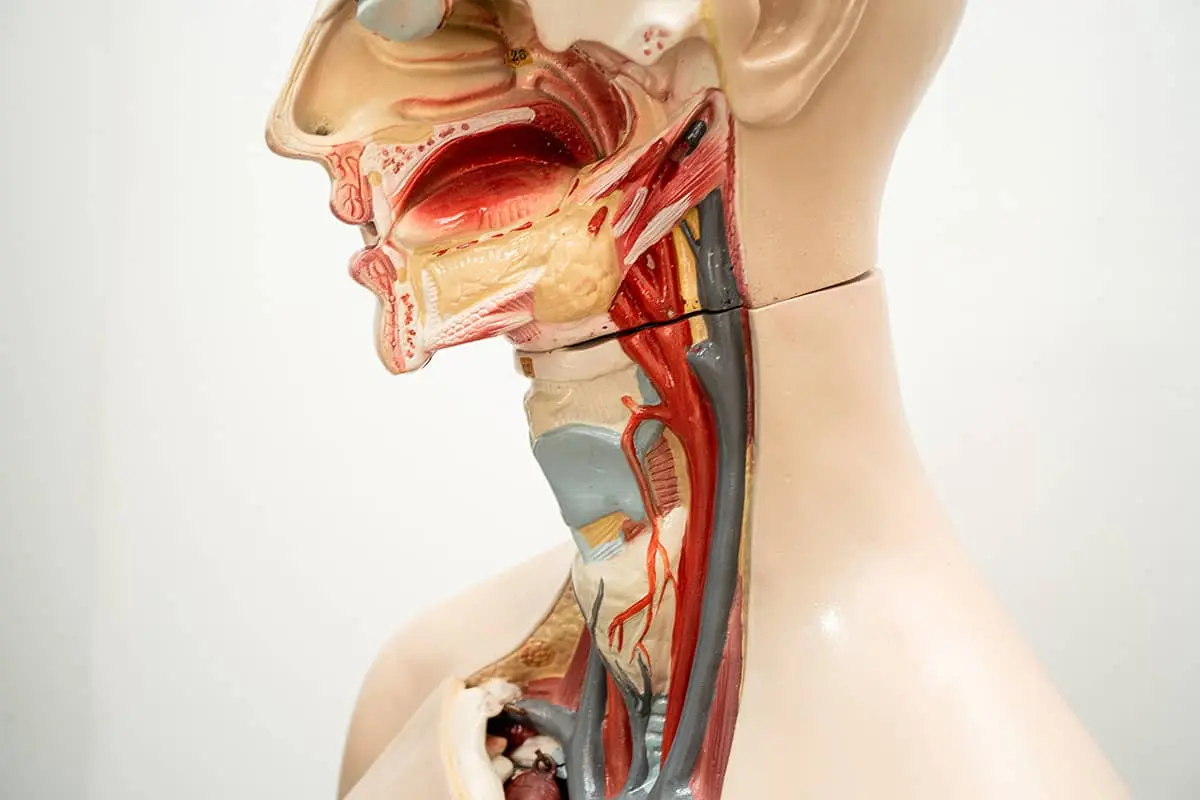
Esophageal cancer is challenging to treat, though it is a relatively common malignancy. Often, it remains symptomless until the disease is well advanced. Nonetheless, the onset signs for esophageal cancer are numerous. This all can happen through early detection and full recovery if you just pay attention to these signs. In this blog post, we will walk you through the major symptoms of esophageal cancer a bit on the importance of early detection and new methods like blood test for Esophagus Cancer that could help in saving lives.
Esophageal cancer is a potentially fatal condition that affects the tube running in between your throat as well as belly.
Esophageal cancer occurs when malignant cells form in the tissues of the esophagus. It is typically classified into two main types: adenocarcinoma and squamous cell carcinoma. Adenocarcinoma is more common in the United States and typically occurs in the lower part of the esophagus, while squamous cell carcinoma tends to affect the upper and middle portions of the esophagus.
Food and liquids are transported by the esophagus, a muscular tube that joins the throat and stomach. In the early stages of the disease, many esophageal cancer patients are unaware that they have the disease. There is a greater death rate because by the time cancer is discovered, it has frequently spread to other bodily parts. The American Cancer Society reports that there is a mere 22% five-year relative survival rate for esophageal cancer. This is comparable to the survival rate for liver cancer, another difficult-to-treat illness, and lower than the 28 percent for lung cancer, the primary cause of cancer-related deaths in the United States.
One of the challenges in detecting esophageal cancer early is that its symptoms often do not appear until the disease has progressed to a more advanced stage. However, understanding and recognizing the early signs can lead to earlier detection and treatment. Common symptoms of esophageal cancer include:
1. Difficulty Swallowing (Dysphagia): One of the most common early signs is difficulty swallowing, which may start with a feeling of food getting stuck in the throat or chest.
2. Unexplained Weight Loss: Sudden, unexplained weight loss can be a sign of esophageal cancer as the body may struggle to process food properly.
3. Chest Pain or Discomfort: Pain in the chest or upper back, particularly when swallowing, may indicate a problem with the esophagus.
4. Chronic Cough or Hoarseness: Persistent cough or changes in the voice, such as hoarseness, can be linked to esophageal cancer.
5. Indigestion or Heartburn: While common, persistent indigestion or heartburn that doesn’t respond to usual treatments could be a sign of something more serious.
6. Vomiting: In some cases, vomiting, especially if it includes blood, can be a symptom of esophageal cancer.
Because symptoms usually are not obvious until late stages, esophageal cancer is typically difficult to detect early. The following steps can help you detect esophageal cancer early:
1. Regular Screening: If you are at high risk for esophageal cancer, regular screening is vital. This is particularly important for individuals with Barrett’s esophagus, a condition in which the lining of the esophagus changes due to acid reflux, increasing cancer risk.
2. Endoscopy: It involves inserting a thin, flexible tube with a camera down the throat to examine the esophagus. If abnormalities are found, a biopsy may be taken for further analysis.
3. Blood Test for Esophageal Cancer: Advances in medical research have led to the development of blood tests that can help detect esophageal cancer. These tests look for specific biomarkers or genetic changes associated with the disease. While not yet widely used as a standard screening tool, they hold promise for earlier and less invasive detection.
4. Esophagram (Barium Swallow): This imaging test involves swallowing a barium solution that coats the esophagus, making it easier to spot abnormalities on X-rays.
5. CT and PET Scans: These imaging tests can help determine the extent of the cancer and whether it has spread to other parts of the body.
The life expectancy for those with an esophageal cancer diagnosis may vary greatly based on what stage of the cancer is caught. Severity Of Esophageal Cancer In Early esophagus cancer is the most favorable prognosis, some patients after treatment can get long term disappearance or cure. However, once the disease had developed beyond the esophagus to other parts of the body, patients died 80 percent or even more.
The American Cancer Society reports that the 5-year survival rate for localized esophageal cancer (cancer confined to just the esophagus) is approximately 47%. If the cancer has spread to nearby lymph nodes or tissues, the 5-year survival rate drops to about 25%. For distant metastasis, the 5-year survival rate is around 5%.
Early detection of esophageal cancer is the key to improving life expectancy and outcomes. If you are experiencing any of the symptoms mentioned above or are at high risk for esophageal cancer, it is crucial to consult with a healthcare provider as soon as possible. They may recommend screening tests like an endoscopy or a blood test for esophageal cancer, which can help catch the disease in its earliest stages.
Preventing esophageal cancer involves several proactive steps.
Remember, if you notice any unusual symptoms or changes in your health, don’t hesitate to seek medical advice—it could make all the difference.